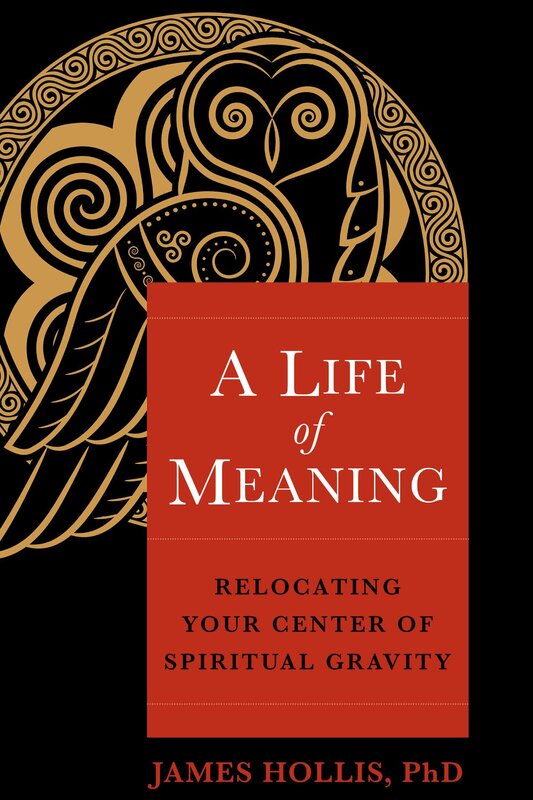[the notes from the book were retrieved with kobogarden, with the purpose of aiding to create a map of the ideas the book left me. The full list of book highlights can be found here.]

What wants to come into the world through me? Then we look at our daily choices; some of them small, some of them are very large, and we ask: Does this choice make me smaller? Or does it make me larger? Does it enlarge me psychologically? Or is it diminishing me?
Psychopathology, then, is the autonomous protest of our inner life to the conditions of our outer life, whether from our choices or whether imposed upon us by circumstances or others. So there’s always the invitation to consider: What does the soul want? This question is not designed for our ego’s comfort, for it often will put us in harm’s way. It can lead us away from the consensual reality or community approval and sometimes make our journey very lonely. Most of the people whom we admire in history did not have easy lives; rather, we admire them for what they embodied through their lives. They won their way through, through the difficulties, to bring those values, those witnesses, into this world and thereby enriched all of us. Vocation, for example, is one of those summonses of the soul. We all do jobs to earn our living, but what is our vocation, our vocatus, our “calling”? Our calling often requires commitment, discipline, courage, consistency, and persistence. It’s not about comfort, fitting in, being normal at all.
Another thing that bears some reflection is the question of belonging. We all want at some level to belong. Often in our fractionated world, a world in which we have increased electronic connectivity, we also have more atomization, and we have more and more isolation.
I’ve read studies that indicate that approximately 40 percent of the entire population of our major cities feels profoundly alone and lonely. (A couple of nations, Japan and the UK, have created ministries of loneliness at the cabinet level to cope with the phenomenon.)
One of the things that’s happened through this technological revolution that brings the world into our room but also removes us from the world into our room, is the loss of community. Perhaps you recognize that you may feel separated from many of the values of your time and place. You may feel that you don’t fit in, and maybe this book will help you realize you don’t have to fit in. You’re here to live your journey, which is by definition a separate one, a different one, but we do belong to a community of exiles. We don’t run for office. We don’t exercise a lot of social power out there, but there are more people like you than you would imagine. You’re not as alone as you imagine.
I’ve had the privilege of working with many such individuals. I’ve met so many on the road through the years, and the community of exiles are those people who somehow are hearing the different drumbeat of their own souls and marching to a different tune. They may, at times, fault themselves. They’re not superior to anyone; they’re not claiming to be. They’re not especially enlightened or gifted, but what they’re trying to do is live an honest relationship to their own sense of personal truth. Knowing that that’s an ongoing process, they’re forever sorting and sifting and growing and learning and having to recalibrate. Those recalibrations are what bring us new and exciting ventures because, in the end, our task really is to recognize, as Jung suggested, that we live in the mystery.
(paragraphs mine)
So when Jung said wholeness is a task, we face quite a different story for our lives. He writes profoundly about how we need to explore all aspects of our life, the body, desire, and moral exploration, and not out of a selfish narcissistic agenda. I don’t mean to suggest, nor did Jung, an unfettered license to any moral choice; rather, this is about responsibly knowing that all choices lie within me, and I am accountable for their entry into the world—if I’m going to deal with what is wrong in the world, I have to deal with what is wrong in me first. He also reminded us that we do not become enlightened by imagining figures of light but by making our darkness visible. This is why shadow work is always, always humbling, because we are asked to confront, be accountable for, what our ego would otherwise repudiate.
| Title | A Life of Meaning: Relocating Your Center of Spiritual Gravity |
|---|---|
| Author | James Hollis, Ph.D. |
| Publisher | Sounds True |